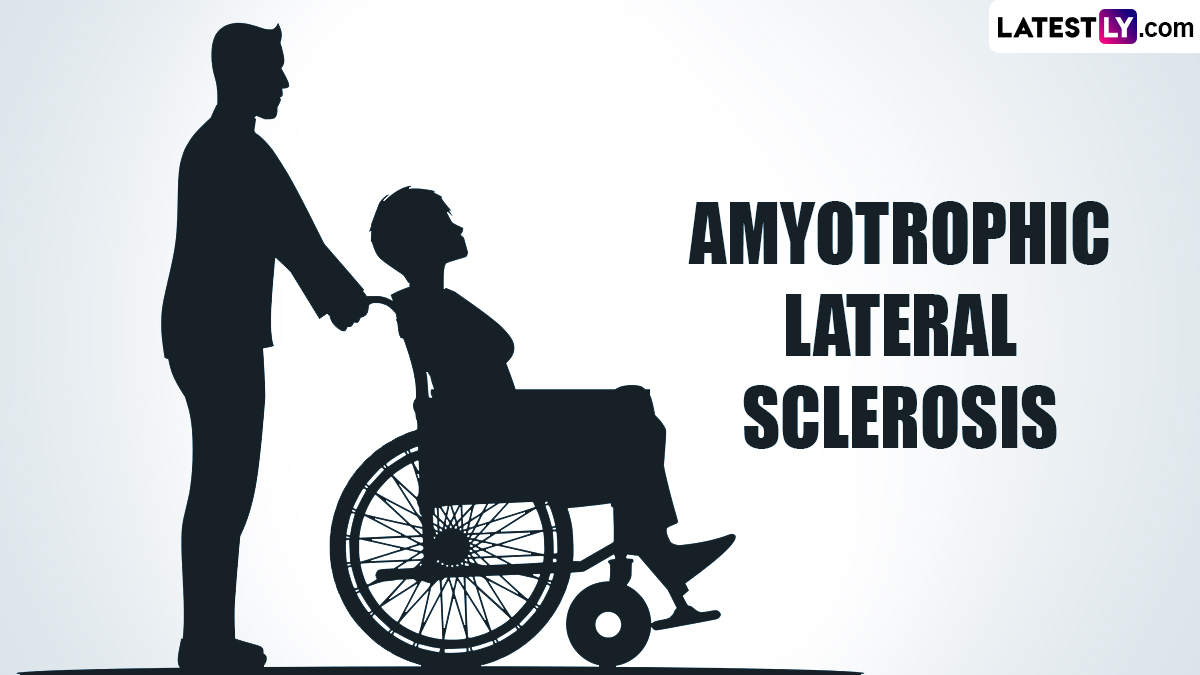What Is ALS? Amyotrophic Lateral Sclerosis – Know All About Lou Gehrig’s Disease, a Progressive Neurodegenerative Disease That Currently Has No Cure
Amyotrophic lateral sclerosis (ALS), also known as Lou Gehrig’s disease, is a progressive neurodegenerative disease that affects nerve cells in the brain and spinal cord. ALS leads to the gradual loss of muscle control, eventually resulting in paralysis and, in most cases, death.
Despite the challenges of ALS, there is ongoing research aimed at better understanding the disease and developing new treatments. This includes research into potential genetic and environmental factors that may contribute to ALS, as well as clinical trials testing new therapies. But meanwhile, let’s understand everything you need to know about ALS!
ALS Causes
The exact cause of ALS is unknown, but it is believed to be a combination of genetic and environmental factors. In some cases, ALS is inherited, with about 5-10% of cases being familial, meaning they run in families. However, the majority of ALS cases are sporadic, with no clear genetic link.
ALS Symptoms
The symptoms of ALS typically begin with muscle weakness or stiffness, which can progress to muscle twitching, cramping, and eventually, paralysis. ALS can affect the muscles that control speech, swallowing, and breathing, leading to difficulties in these areas as the disease progresses.
Diagnosis: There is no single test to diagnose ALS. Instead, doctors rely on a combination of clinical symptoms, physical examination, and various tests, such as electromyography (EMG) and nerve conduction studies, to diagnose the disease. A diagnosis of ALS is typically made based on the presence of specific symptoms and the exclusion of other possible causes.
Treatment: There is currently no cure for ALS, and treatment is focused on managing symptoms and improving quality of life. This may include medications to help manage muscle cramps, stiffness, and excess saliva, as well as physical therapy, occupational therapy, and speech therapy to help maintain muscle function and improve mobility.
Representational File Image
The prognosis for ALS varies from person to person, but the disease is generally progressive and fatal. Most people with ALS die from respiratory failure, usually within three to five years from the onset of symptoms. However, some people may live much longer, with a small percentage of people living for 10 years or more after diagnosis.
In conclusion, ALS is a devastating disease that affects nerve cells in the brain and spinal cord, leading to progressive muscle weakness and paralysis. While there is currently no cure for ALS, ongoing research offers hope for a better understanding and treatment of this challenging disease.
(This article is written for an informative purpose and should not be substituted for medical advice. Kindly consult your doctor before trying any tips.)
(The above story first appeared on Today News 24 on Feb 28, 2024 03:16 PM IST. For more news and updates on politics, world, sports, entertainment and lifestyle, log on to our website todaynews24.top).



